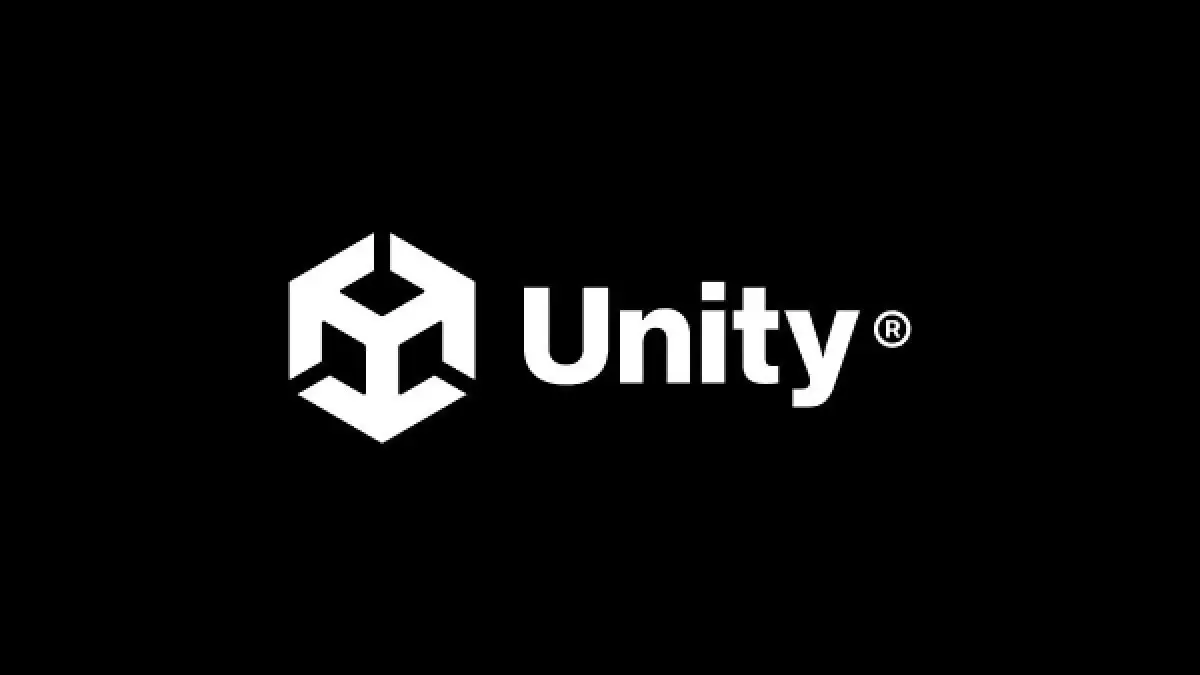- cross-posted to:
- gaming@beehaw.org
- cross-posted to:
- gaming@beehaw.org
Archive link: https://archive.ph/Ys676
Our Unity Personal plan will remain free and there will be no Runtime Fee for games built on Unity Personal. We will be increasing the cap from $100,000 to $200,000 and we will remove the requirement to use the Made with Unity splash screen.
No game with less than $1 million in trailing 12-month revenue will be subject to the fee.
The Runtime Fee policy will only apply beginning with the next LTS version of Unity shipping in 2024 and beyond. Your games that are currently shipped and the projects you are currently working on will not be included – unless you choose to upgrade them to this new version of Unity.
For games that are subject to the runtime fee, we are giving you a choice of either a 2.5% revenue share or the calculated amount based on the number of new people engaging with your game each month. Both of these numbers are self-reported from data you already have available.



I think them getting royalties on products made by their customers is something that will be adopted by other software if it ends up successful, and that’s worrisome to me. Imagine if Crayola wanted a percentage of an artist’s earnings for use of their color pencils. We’re gonna be nickled and dimed in every aspect of our lives soon. Photoshop is now a subscription (which is bad enough), but imagine if they decided they want a percentage too. There needs to be even more pushback on this imo.
This is the model Unreal uses, and it’s not a bad idea. You accept those terms because that engine gets you up and running with all the latest modern software features far, far faster than if you coded an engine yourself, and as we all know, time is money. So if you don’t like those terms, use another engine, but they’re speeding up your ability to put out your product without spending that money up front. Unity’s big issue was not only charging for something that the developers have no control over but also that they changed the terms after the fact. A revenue share also aligns both business interests. Both the engine maker and the developer have the desire for the game to be as successful as possible, so when the developer prospers, the engine maker prospers. That’s another thing that was out of whack with the previous terms; the game being successful would be good for Unity but potentially bad for the developer.
“Not a bad idea” if you’re the one making the money, that is.
Would you think it’s a good idea if expanded to other things? How about your hammer coming with a license that if you build anything with it, you owe royalties to the manufacturer of the hammer? Or your car manufacturer saying that since they make your commute so much easier than other cars, they’re entitled to 10% of your salary – but you’re welcome to use another car if you don’t like it (spoiler: all new cars come with similar licenses, but you’re welcome to take the bus.) Do any business on your computer? Microsoft now wants 10% of your salary because time is money, but if you don’t like it you’re welcome to use something else. And how about your cell phone?
Because this is a “software as a service” product that actually operates sort of like a service. Technology moves fast, and the company that makes the game engine is continually adding those latest benefits for you, especially Unity and Unreal. And again, the risk of building your game is now back-loaded. Unreal is totally free up front, and Unity is dirt cheap up front (sometimes free). The revenue share model means you only pay royalties once your game passes a certain threshold of success, so their incentives are aligned with yours. This is unlike most consumer products where you may never make any revenue off of what you create with them at all, and you’re paying up front. The closest analogy would be if your car was free but they only took a percentage of your proceeds if you’re a professional driver, and only after you made about $10k in a quarter.
I know this sounds like an internet edgelord, but it’s like they want us to build the guillotines.
This has been the business model of game engines since at least the early 2000s and I think it’s fine. A significant portion of the code that you ship is theirs, after all. A flat fee would need to be quite high and it would scare developers/investors away since the income of a game is so hard to predict. Unreal and Cryengine work the same way.
That’s actually a very good point, especially with the number of EULAs that we encounter on such a regular basis. How hard would it be for Adobe to slip a clause in about royalties without us noticing?
Is there even a stated reason for this change beyond just simple greed? To my knowledge they aren’t maintaining any servers or other cost centers for the games developed on Unity.
As you said, hopefully there’s still enough of a negative reaction to this that it doesn’t take hold elsewhere.
As far as gaming engines go, Unreal Engine already does this. Not dismissing your point, it is concerning if rent seeking spreads among artistic tools, but this is not a Unity invention.